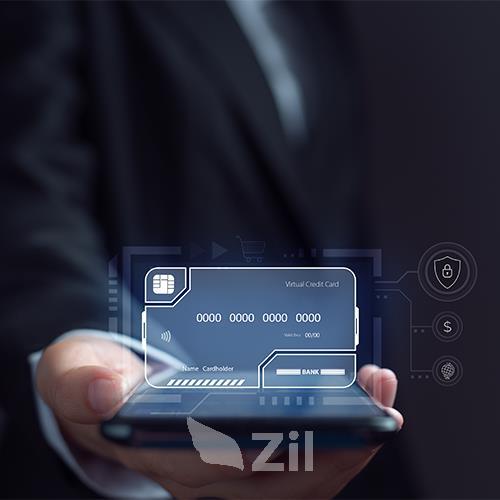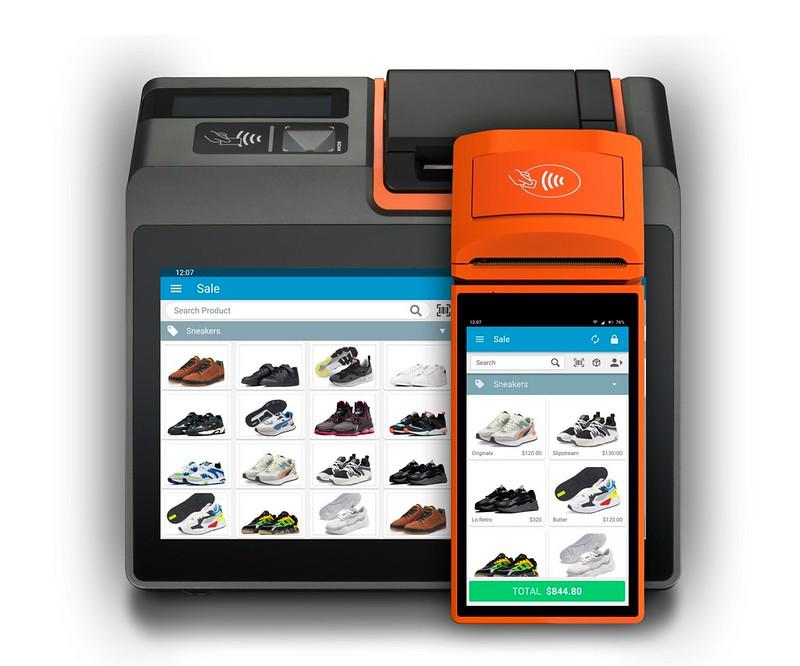
As a business owner, you understand the importance of providing a seamless and efficient transaction experience for your customers. In today’s digital age, point of sale (POS) terminals play a crucial role in facilitating fast and secure transactions. In this comprehensive guide, we’ll delve into the world of POS terminals, exploring their benefits, features, and best practices to help you unlock efficient transactions and take your business to the next level.
Introduction to POS Terminals
A POS terminal is an electronic device that enables businesses to process transactions, manage inventory, and track sales. These terminals are typically equipped wiht a payment processing system, allowing customers to pay using various methods, including credit/debit cards, mobile payments, and cash. With the advancement of technology, modern POS terminals have evolved to include features such as contactless payments, mobile POS, and cloud-based POS systems.
Benefits of Using POS Terminals
The benefits of using POS terminals are numerous, and they can have a significant impact on your business operations. Some of the key advantages include:
- Faster transaction processing: POS terminals enable fast and efficient transaction processing, reducing wait times and improving customer satisfaction.
- improved accuracy: Automated payment processing minimizes the risk of human error, ensuring accurate transactions and reducing the likelihood of disputes.
- Enhanced security: POS terminals are equipped with advanced security features, such as encryption and tokenization, to protect sensitive customer data.
- Increased mobility: Mobile POS terminals enable businesses to process transactions on-the-go, making them ideal for events, pop-up shops, and other mobile businesses.
- Valuable insights: POS terminals provide valuable insights into sales, inventory, and customer behaviour, helping businesses make informed decisions.
Features to Consider When Choosing a POS Terminal
When selecting a POS terminal, it’s essential to consider the features that best suit your business needs. Some key features to look out for include:
| Feature | Description |
|---|---|
| Payment processing | Look for a POS terminal that supports various payment methods, including credit/debit cards, mobile payments, and contactless payments. |
| Inventory management | Consider a POS terminal with built-in inventory management features to help you track stock levels and optimize inventory. |
| Cloud-based functionality | Cloud-based POS systems provide remote access to sales data, inventory, and customer data, enabling you to manage your business on-the-go. |
| Security features | Ensure the POS terminal has advanced security features, such as encryption, tokenization, and secure authentication, to protect sensitive customer data. |
Practical Tips for Using POS Terminals
To get the most out of your POS terminal, follow these practical tips:
- Train staff: Ensure that all staff members are trained on how to use the POS terminal, including how to process transactions, manage inventory, and troubleshoot common issues.
- Regularly update software: Keep your POS terminal software up-to-date to ensure you have the latest security patches and features.
- Monitor sales data: regularly review sales data to identify trends, optimize inventory, and make informed business decisions.
- Provide excellent customer service: Use the POS terminal to provide a seamless and efficient transaction experience, and ensure that customers receive excellent service.
Case Studies: Real-World Examples of POS Terminals in Action
Let’s take a look at some real-world examples of businesses that have successfully implemented POS terminals:
A popular coffee shop chain implemented a cloud-based POS system to streamline transactions and improve customer satisfaction. With the new system, customers can order and pay using their mobile devices, reducing wait times and increasing sales. The coffee shop chain also uses the POS system to track sales data and optimize inventory, resulting in a significant reduction in waste and improved profitability.
A retail store implemented a mobile POS terminal to enable sales associates to process transactions on-the-go. The mobile POS terminal has improved customer satisfaction, reduced wait times, and increased sales. The retail store also uses the POS terminal to track customer behavior and preferences, enabling them to provide personalized marketing and promotions.
First-Hand experience: Implementing a POS Terminal in Your Business
Implementing a POS terminal in your business can be a straightforward process. Here are some steps to follow:
- Research and choose a POS terminal: Research different POS terminals and choose one that meets your business needs.
- Set up the POS terminal: Follow the manufacturer’s instructions to set up the POS terminal, including installing software and configuring payment processing.
- Train staff: Train all staff members on how to use the POS terminal, including how to process transactions, manage inventory, and troubleshoot common issues.
- Test the POS terminal: Test the POS terminal to ensure it is indeed working correctly and make any necessary adjustments.
Conclusion
POS terminals play a vital role in providing a seamless and efficient transaction experience for customers.By understanding the benefits,features,and best practices of POS terminals,businesses can unlock efficient transactions and take their business to the next level. Whether you’re a small business or a large enterprise,a POS terminal can definitely help you streamline transactions,improve customer satisfaction,and increase sales. With the right POS terminal and a little practice, you can provide a world-class transaction experience that will keep customers coming back for more.



